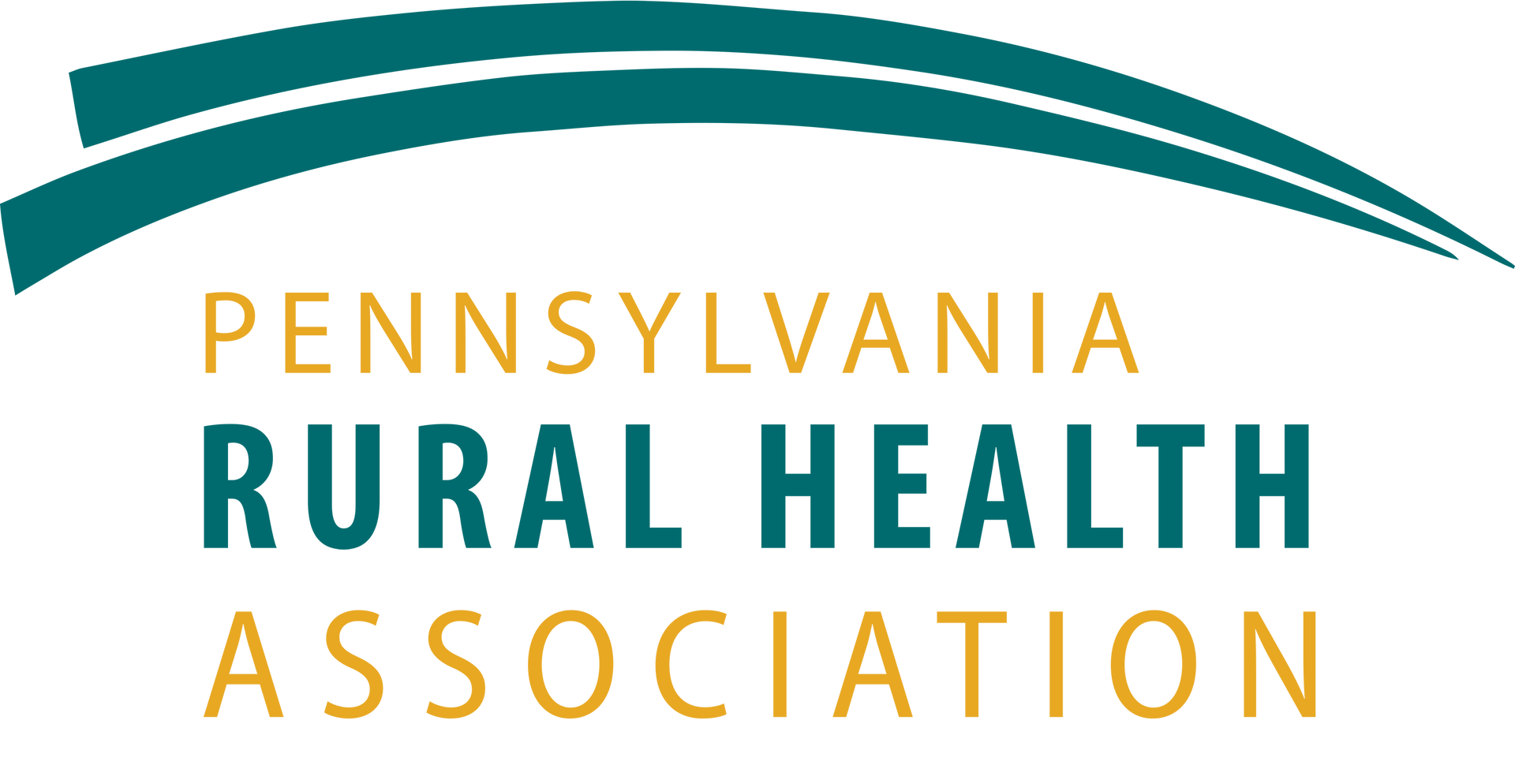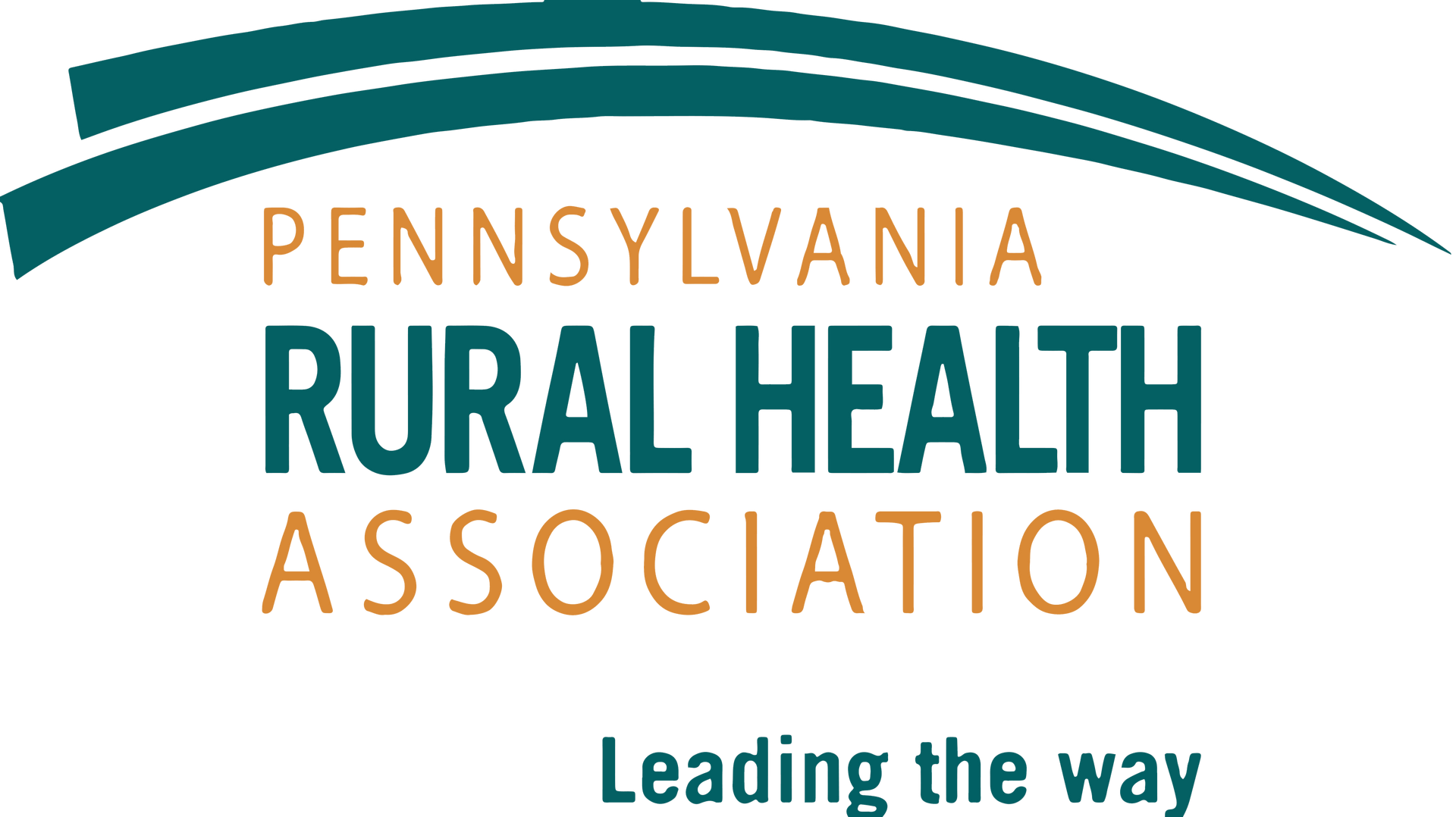Legislative Advocacy 101
PRHA's flagship publication, Status Check VI provides an update on Pennsylvania rural health care. The document raises awareness on the issues impacting the delivery of health care services in rural areas of the state, including rural emergency services, the rural elderly, migrant farm worker health needs, oral health issues, telehealth services, behavioral health, and more. The document is tailored to inform discussions among those who can make a difference in the health of, and health care for, rural residents. Status Check VI is a collaborative effort by representatives from the Center for Rural Pennsylvania, Slippery Rock University, and The Pennsylvania Office of Rural Health.
Making Your Point!
Strategies and Tips for Interacting with Elected Officials
Nuances in Name and Action
What is Advocacy?
Advocacy is used to help Congress, the executive branch, and other stakeholders to understand a particular issue with a focus on education and/or public recommendation.
What is Lobbying?
In politics, lobbying, persuasion or interest representation is the act of lawfully attempting to influence the actions, policies or decisions of government officials, most often legislators
or members of regulatory agencies.
From your local city council to your legislators in Washington, meeting with your elected officials about issues important to you and your community is a lot easier than most people think.
Remember, your legislators work for you! If policy makers don’t hear from those they serve, they may make decisions in a vacuum.
Request A Meeting
•Make the request in writing and follow up with a call to the Appointment Secretary/Scheduler.
•Suggest specific times and dates for the meeting.
•Let them know what issue(s) and legislation you wish to discuss.
•Find out the elected official’s committee assignments and their areas of interest/focus.
•Make sure they know that you are a constituent.
Most Common Meeting Locations
- Washington, DC
- State Capitols
- District Offices
- Virtually
Prepare for the Meeting
- Prepare your talking points and materials to leave behind.
- Decide who will attend the meeting. Keep it small and include different perspectives.
- Agree on talking points. It's tough to make a strong case for your position when you are disagreeing in the meeting!
- Plan your meeting. Determine who will lead the meeting and the order of speakers. Practice ahead of time!
- Decide what you want achieve. Asking your legislator or his or her staff member to do something specific will help you know how successful your visit has been!
During the Meeting
- Be prompt and patient. You will have 20 minutes or less with a staff person, and perhaps 10 minutes with the elected official.
- Start by introducing yourselves and thanking the legislator/staff person for their time and for previous support of your issue. Mention any personal or professional connections, if appropriate.
- Provide personal and local examples of the impact of the issue. This is the most important thing you can do in an advocacy visit.
- Saying "I don't know" gives you the chance to make your strongest points and allows you to contact them again about the issue.
- Set deadlines for a response from the legislator/staff person and from you, if you have offered to send information.
After the Meeting
- Compare notes right away with everyone in your group on what the elected official/staff person committed to do and what follow up information you committed to send.
- Each person who took part in the meeting should promptly send a personal thank you that includes a short summary of the topics discussed and their contact information.
- Follow up in a timely fashion with any requested materials and information.
- If the elected official or staff member doesn't meet the deadline for action you agreed to during the meeting, ask him or her to set another deadline. Be persistent and flexible!



